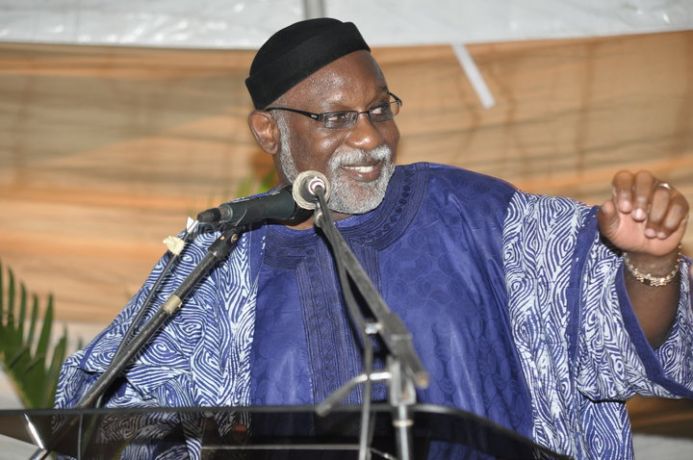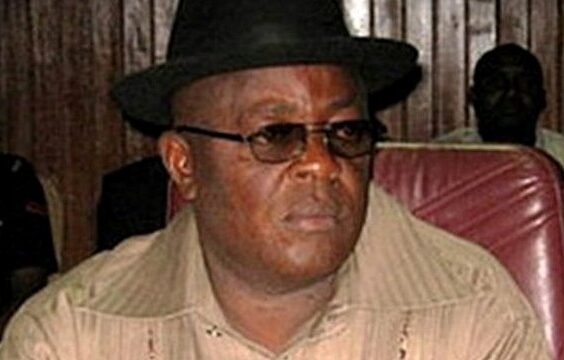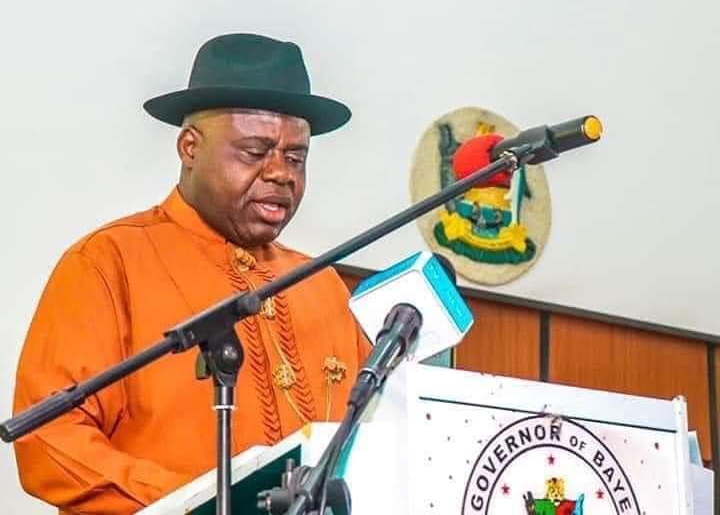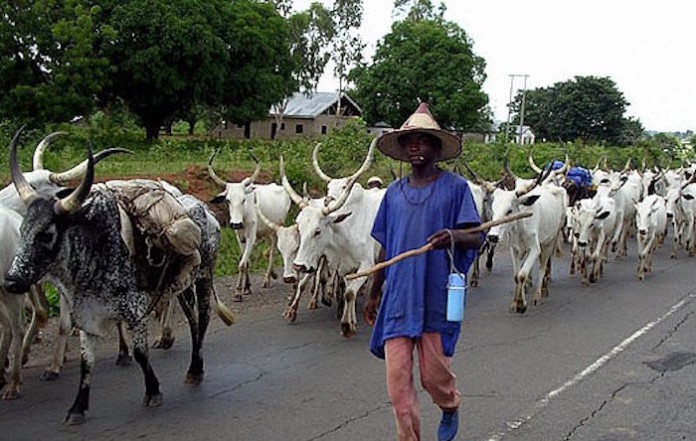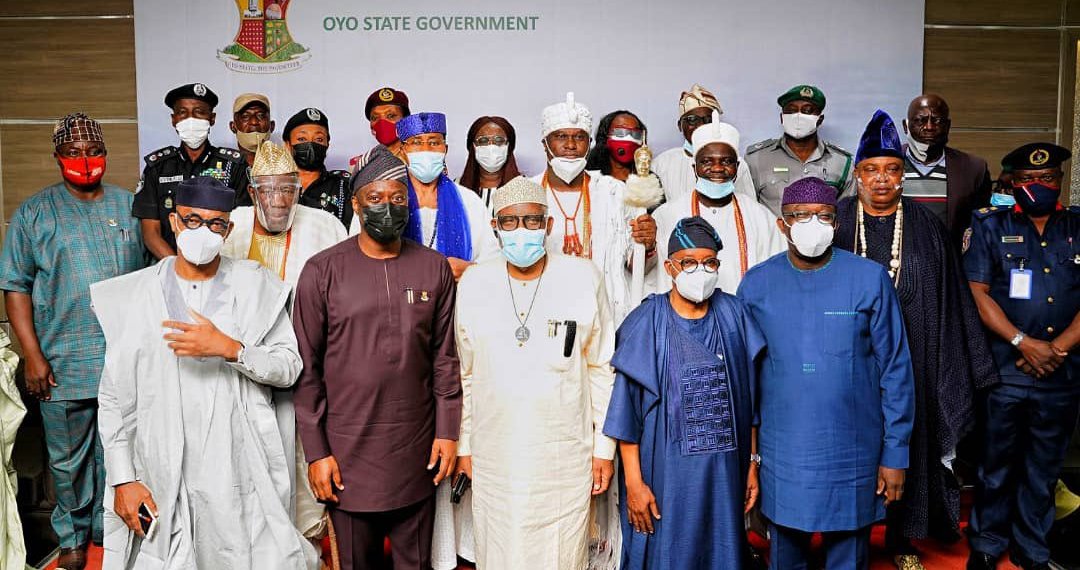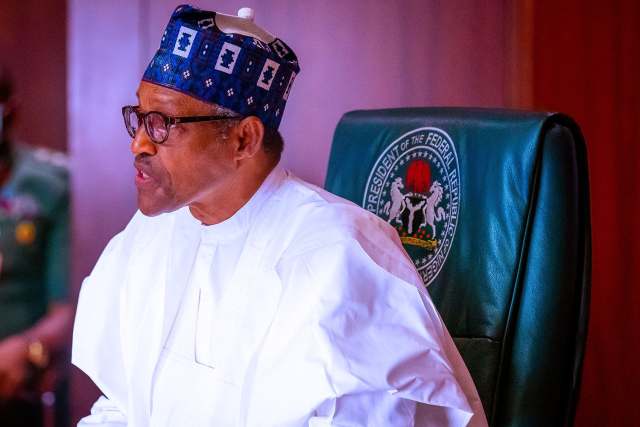Miyetti Allah Breeders Association of Nigeria says it is tired of open grazing in Ondo State, calling on government to make provision for ranches as a way of putting an end to frequent herdsmen/farmers’ crises.
The Chairman of the association in the state, Alhaji Bello Garba, stated this on Wednesday in Akure.
Garba was speaking during a public hearing on a bill to regulate rearing and grazing of livestock and provide for the establishment of ranches and other related matters.
He said that the association would support any peaceful move to address the issue in the state, adding that farmers and herdsmen must carry out their respective activities without clashing.
According to him, the association has been begging the state government to register Fulani men in all the local government areaa of the state.
Similarly, Mr Ibrahim Abdul-Rahman, the Assistant Secretary of the association in the state, explained that open grazing had become obsolete and needed to be banned.
Abdul-Rahman asked all stakeholders to embrace modern cattle rearing technique, saying that farmers and herders must allow peace to reign, considering the importance of both parties to nation’s growth.
Applauding the move, Mr Gbenga Obaweya, the Chairman of Ondo State Agricultural Commodities Association (OSACA), said that it was a step in the right direction, adding that a foundation had been laid upon which other processes would be.
Obaweya noted that the body language of the state government showed that it was ready to protect agriculture and agricultural practices and put an end to the lingering clashes between farmers and herdsmen.
Declaring the public hearing open, Speaker of the Assembly, Mr Bamidele Oloyelogun, said that it was aimed at enhancing peaceful existence in the state.
Oloyelogun added that if similar moved had been made in the past, it would have been a different story today.
“It is for peace to reign in our state. This record will go a long way, having effects even on the children yet unborn.
“Your memoranda and suggestions will be welcome. Please, feel free to air your views and bare your minds, but we must be objective and constructive,” he said.
The speaker said that the bill, when passed into law, would prevent arson and frequent clashes between farmers and herdsmen.
Oloyelogun explained that grazing would be regulated with provision of modern techniques in animal husbandry.
He enjoined participants to shun sentiments and stop abusing one another, saying, “We are all one.”
In his remarks, the Chairman, House Committee on Agriculture, Mr Taofik Mohammed, said that the importance of the bill could not be over-emphasised, hence the need for the hearing.
Mohammed noted that one of the cardinal roles of the bill was to achieve virile and peaceful atmosphere in the state.
He added that the bill was attached to human survival, considering the frequent fracas between farmers and herdsmen, which had resulted in loss of lives and property in the state.
The lawmaker said it was regrettable that some criminally-minded people had been hiding under the feuds between farmers and herdsmen to wreak havoc on innocent citizens, saying that this had brought uneasy calm and perpetual fear in virtually every quarter.
The chairman explained that the effects of the lingering misunderstanding between farmers and herders had grave effects on the economy, growth and development of the state.
“It is obvious that GDP will adversely drop whenever food and animal production is hampered,” he said.
Mohammed stated that the bill would address causes of the crises and proffer solutions, urging participants to take full advantage of the hearing and make invaluable suggestions.
Also reacting, Mr Akin Olotu, Special Adviser to the Governor on Agriculture, said that the bill was for justice and fairness.
Olotu noted that the bill, if passed into law, would allow farmers and herders to do their work legitimately.
“The bill is not meant to persecute anybody. If you recollect, Mr Governor sometimes ago asked illegal occupants to leave our forests.
“This is not pointing at any ethnic group. For every person, you are free to operate in the state, irrespective of your ethnic affiliation,” he said.
The governor’s aide noted that the bill would address slaughtering of cows and provide designated locations in each council area.
Dr Akinwumi Gideon, the state Commandant of Vigilante Group of Nigeria, described the bill and the public hearing as commendable.
Gideon said that the bill, if passed, would bring an end to the existing rancour between farmers and herdsmen.
He promised that the group would deploy, at least, 800 personnel for enforcement, when the bill eventually became law.
Oba Yusuf Adeleye, the Olubaka of Oka, said that there was no way to manage open grazing with agriculture in modern society.
Oba Adeleye, who applauded the public hearing, stated that the gathering was meant for the peace of the state, adding “We are to make headway because we disagree to agree”.
Oba Joseph Adebobola, the Asaru of Isaru in Ifedore Local Government Area of the state, noted that if the past government had taken such a step, there would not have been any record of crisis between farmers and herders.

